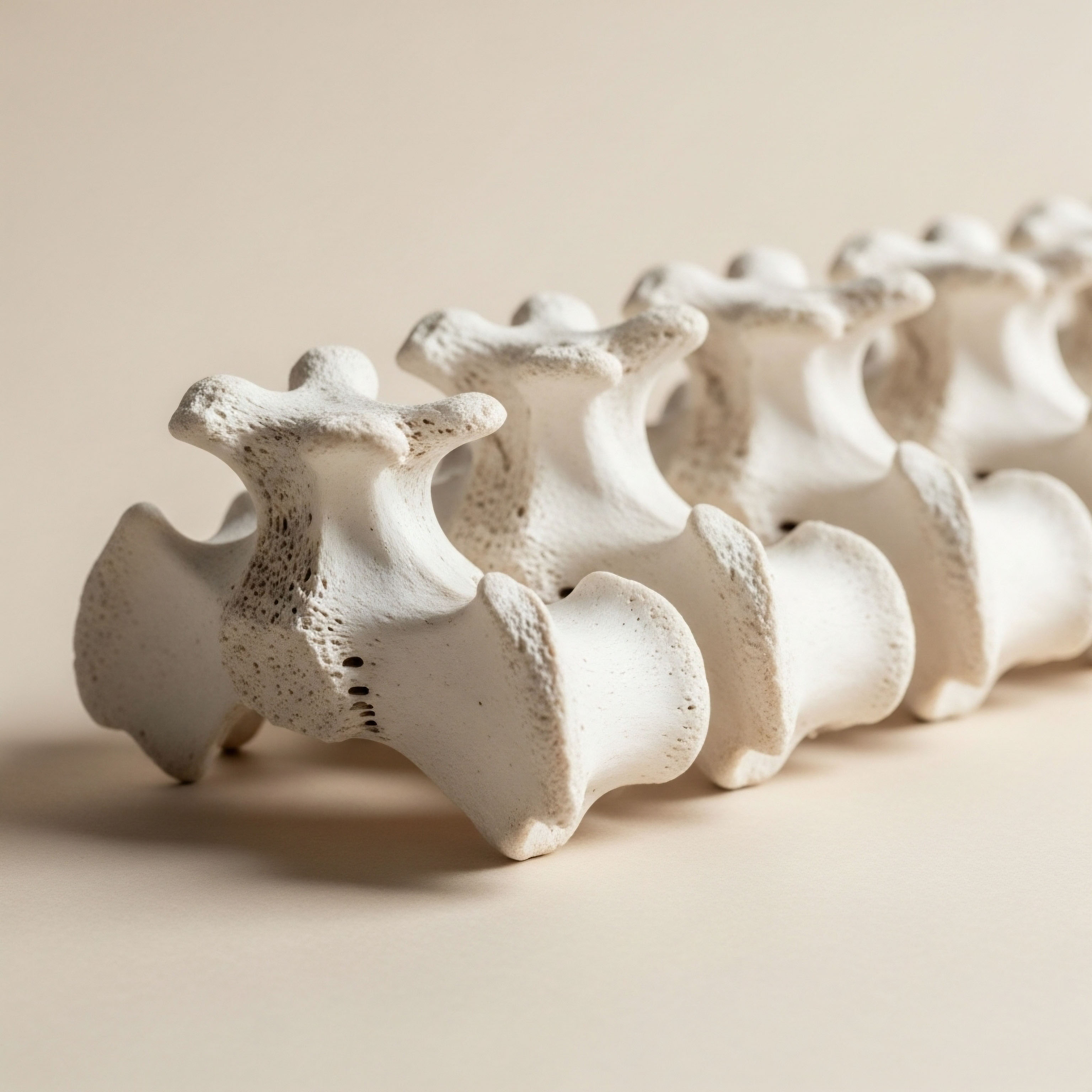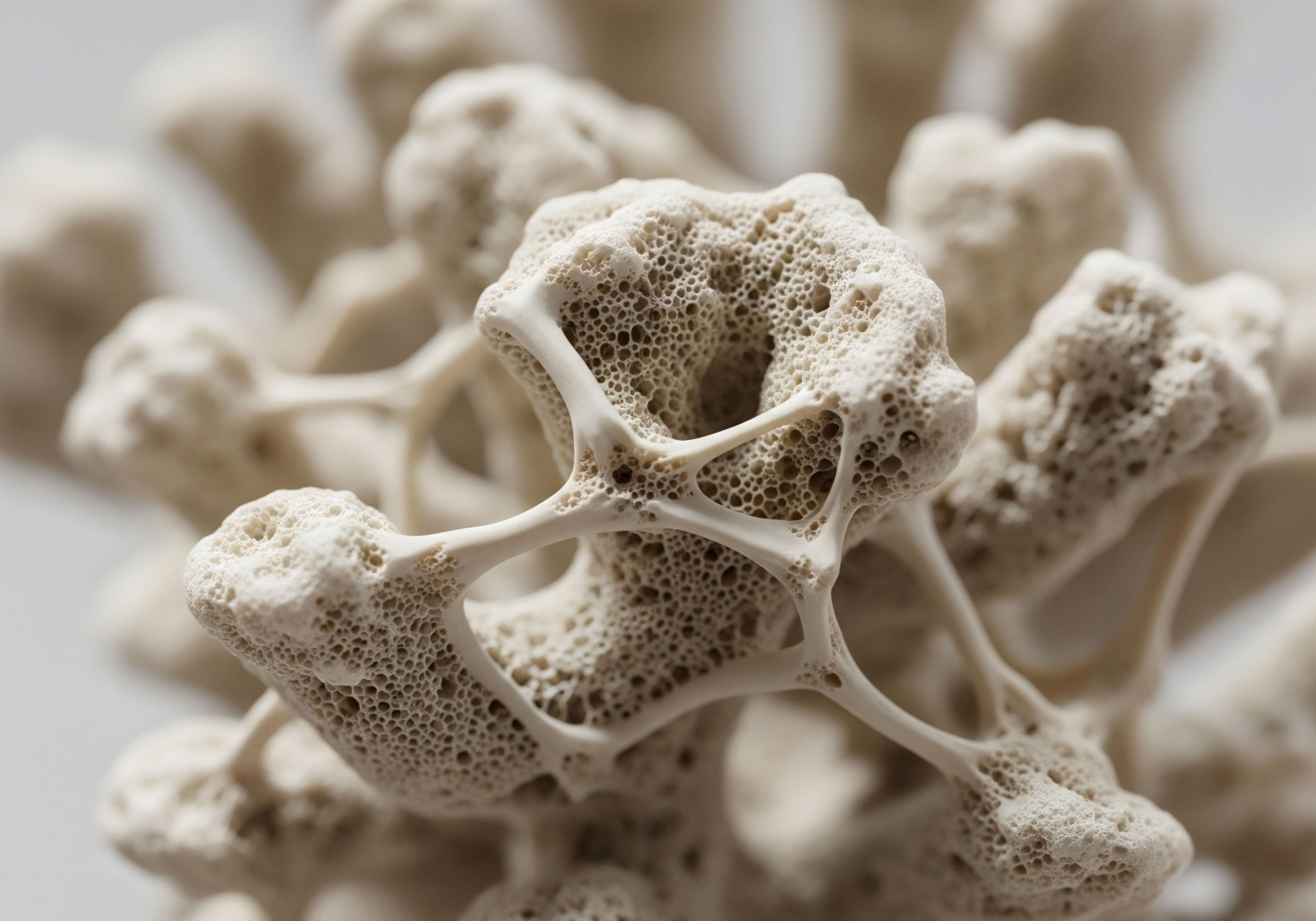What Are the Long-Term Implications of Combining Lifestyle Changes with Hormone Protocols for Bone Fracture Risk?

Sustained skeletal resilience emerges from harmonizing targeted hormone protocols with consistent, intentional lifestyle practices.
HRTioAugust 30, 2025



